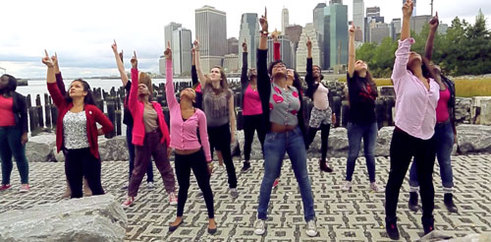
I try to picture flashmobs of Native Americans doing a peppy dance number to protest the horrors of genocide, the Indian schools, the ongoing treaty violations. I try to imagine flashmobs of African Americans in choreographed upbeat numbers, bringing awareness to the fact that one out of nine Black males will be imprisoned in their lifetime. I consider the potential effectiveness of Pakistani flashmobs all over Youtube in a dance to protest the drones.
And you know what? I can’t see it. It wouldn’t happen. Because light-hearted, non-ritual dancing to draw attention to oppression actually sends a mixed message. If the drone warfare is that horrific, how could people be having such a good time doing a bouncy dance with sexy moves? If the legacy of the Indian schools has been so devastating, why would all these dancers having such a great time? See what I'm saying?
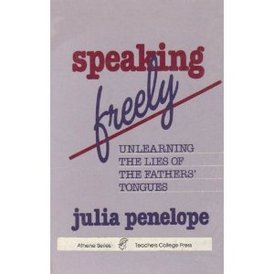
Two weeks ago, one of my greatest mentors Julia Penelope died. Julia was a linguist and a lesbian-feminist. She paid a lot of attention to language, and how language shapes perceptions and controls people. She paid attention to what was happening as women were becoming more vocal about violence against us. We were beginning to take back the language. “Date rape,” “marital rape,” “sexual harassment.” These were new terms for behaviors that had been “business as usual.” Suddenly women were naming them and getting laws passed to criminalize them. Incest was being named, and suddenly we were discovering that it was not some obscure crime among the inbred in isolated areas of rural poverty, but actually commonplace across all classes.
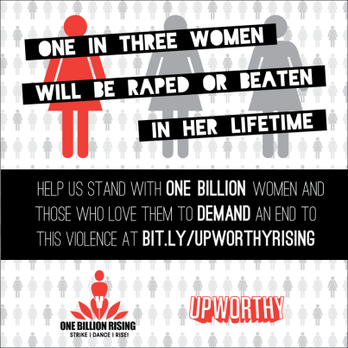
I read the site for One Billion Rising. If I were a Martian trying to figure it out, I would conclude that violence against women was some kind of viral infection affecting only women, and that One Billion Rising was a campaign to raise awareness that would further medical research about the virus and possibly help women understand that they were at risk. As a Martian, I would come away from the website with very little understanding of what this epidemic was about. There was not one thing on the site that would lead me to understand that I was reading about the male half of the global population colonizing and massacring the female half. How am I supposed to take seriously a campaign or a movement that contributes so powerfully to obscuring the issue it purports to address?
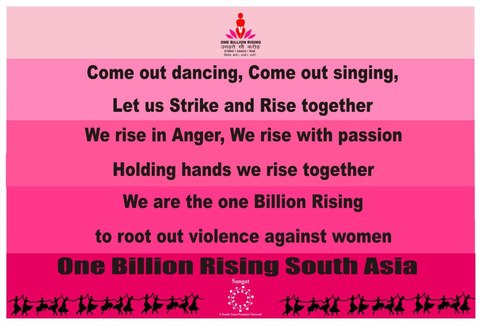
Actually, it’s not that simple. If the film had not morphed into Disney fantasy, we would see the rising and resisting women slapped down harder and further brutalized for their resistance. We would see that the earth is not coming to our rescue, that there will be no supernatural intervention, and that the women need weapons and training in martial arts, organizations, underground networks for escape, organizations, political education about our oppression, and organizations.
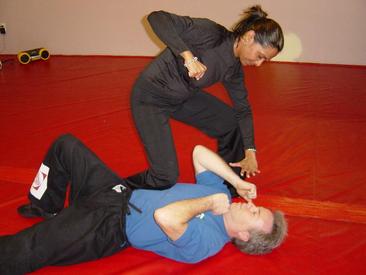
Well, for starts, there would be an immediate understanding that this is nothing to dance about. There would also be an understanding that it’s going to be a long war that’s going to require strategy and resources, and no more pussy-footing around the fact that we have an enemy who is organized and who owns 99% of the resources in the world… in large part because of our colonization.
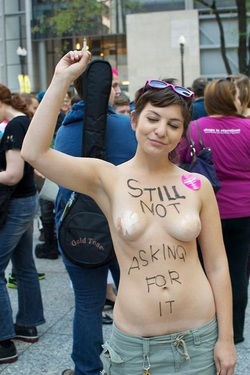
Did I say “predator?” Yes, I did. I’ll say it again. Predator. Not all men are predators. Not all predators are predatory all the time. But these billions of women being victimized are being victimized by predators, by men. No amount of dancing is going to change that fact. What the dancing will do is increase the marginalization of those of us who are attempting to use language to put the focus on the agents of our oppression. The dancing is going to continue to frame the issue as one of women’s lack of awareness or so-called masochism. The dancing is going to present a scenario where the men just need to become aware of the harm they are doing.
I’m not dancing on February 14. It feels disrespectful to me and to the hundreds of women in my life who have been raped, harassed, mutilated, terrorized, and murdered by men. By men. If every woman dancing on February 14 was willing to take the actions and use the language that would render her vulnerable to charges of men-hating and men-bashing, that would constitute the foundation of an authentic movement.
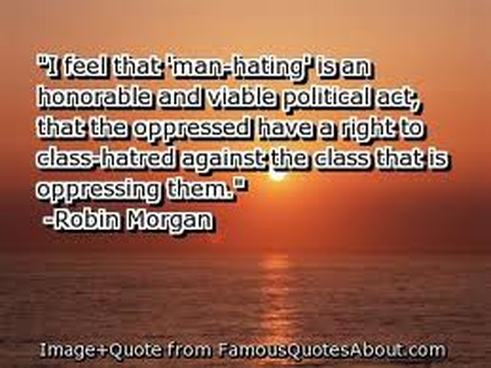
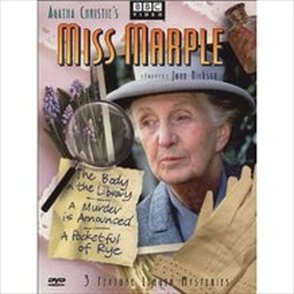
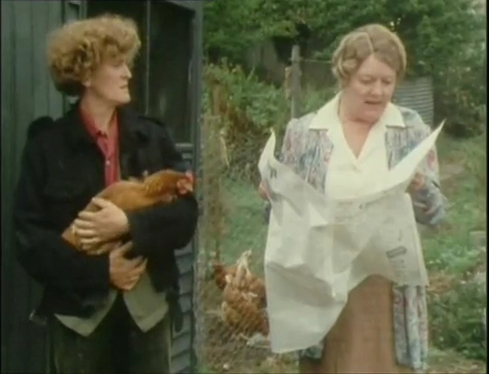
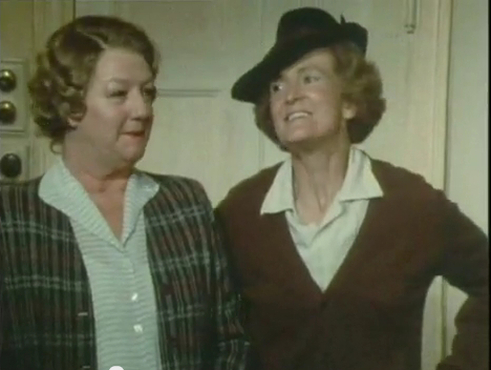
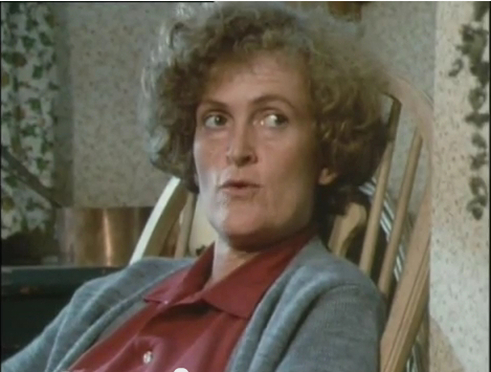
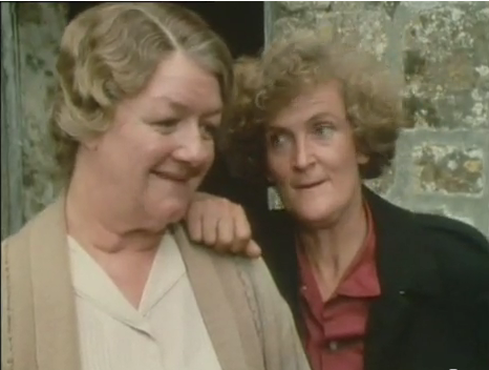
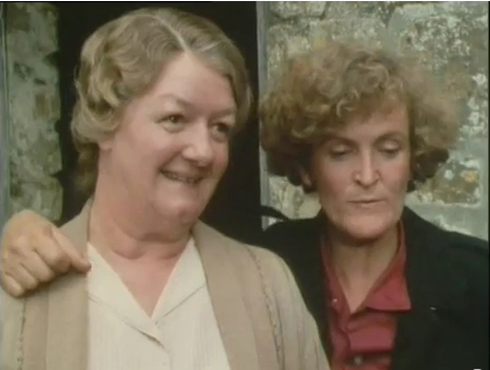
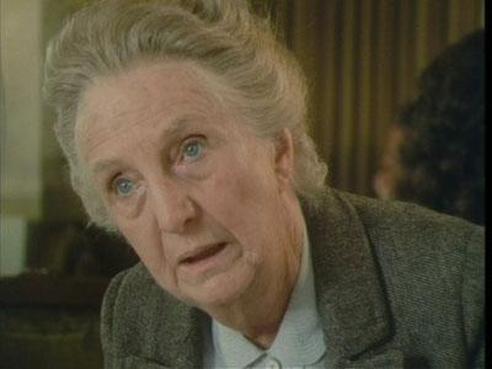

 RSS Feed
RSS Feed
